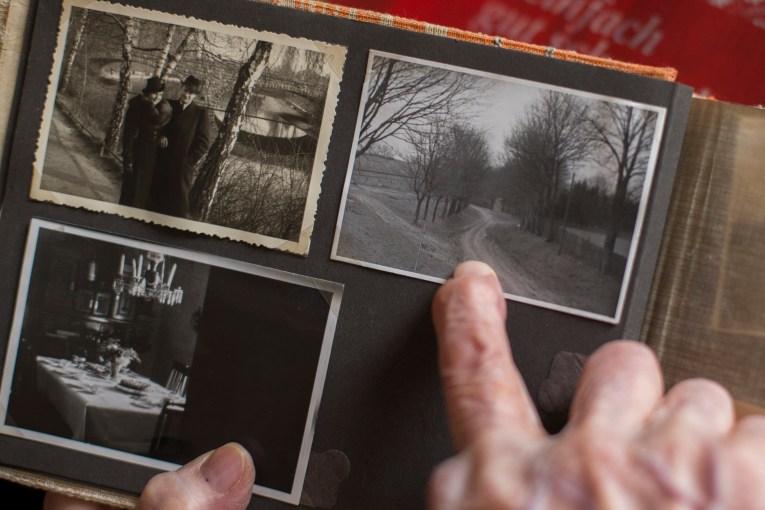Syria peace hopes at Paris crossroads
· Deadline for Syria chemical arms missed
· Syrian refugees confront another harsh winter
US Secretary of State John Kerry is spearheading a bid to drag Syria’s opposition forces into peace talks with President Bashar al-Assad’s regime.
At a Paris meeting on Sunday that represents a critical juncture for international efforts to end a bloody conflict that has claimed more than 130,000 lives, Kerry and ministers from 10 other countries in the “Friends of Syria” grouping will seek to persuade the opposition National Coalition to attend talks due to start later this month in Switzerland.
The Coalition is profoundly divided over the issue: its main component, the Syrian National Council, has long maintained that it will not enter peace talks without clear assurances that Assad will have no role in the transitional government that the talks will aim to establish.
At talks in Istanbul last week, the different factions were unable to agree on terms for their attendance at the so-called Geneva II talks that are scheduled to get under way in Montreux on January 22.
Coalition leader Ahmad Jarba will be in Paris on Sunday and senior diplomats at the US State Department and in France have voiced cautious optimism that he will bow to intense pressure to ensure the rebels hold what would be the first direct talks with Assad’s regime since the conflict erupted in March 2011.
“There are people all around the world doing their best to get them there and get them there with a unified position,” said a senior US official involved in preparing the talks.
He says he’s reasonably confident the opposition will accept that joining peace talks is the best option against a background of military stalemate and mounting combat fatigue in the nearly three-year-old civil war.
“I think in the final analysis they won’t want to miss that opportunity, because frankly there’s no other game, really,” the official, speaking on condition of anonymity, told reporters.
Officials acknowledge advances by Syrian forces in recent days have made it harder for the opposition to contemplate sitting down with representatives of the Assad regime.
Government troops on Saturday seized a previously rebel-held town in the north of the country and pushed toward part of Aleppo, the main city in northern Syria.
Observers of the conflict believe the government advances are due to opposition forces being preoccupied with fighting a jihadist group, the Islamic State of Iraq and the Levant, with which they were previously allied.
Clashes between the mainstream opposition and ISIL loyalists have left an estimated 500 people dead in the past week.
The ISIL, which has been accused of terrorising areas it controls, currently occupies a number of frontline positions in the Aleppo area and has threatened to abandon them.
AFP








